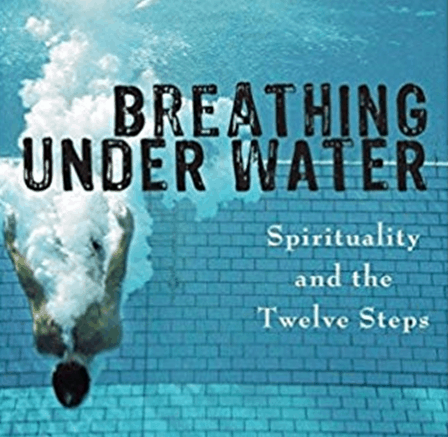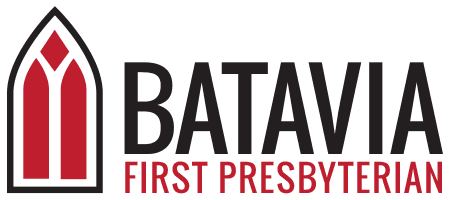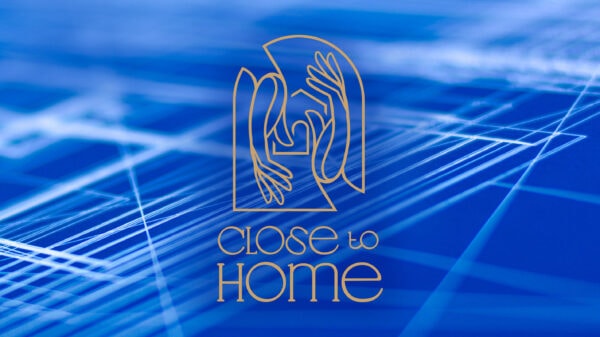SCRIPTURE: Luke 5:27-32
27 After this he went out and saw a tax collector named Levi, sitting at the tax booth; and he said to him, “Follow me.” 28 And he got up, left everything, and followed him.
29 Then Levi gave a great banquet for him in his house; and there was a large crowd of tax collectors and others sitting at the table with them. 30 The Pharisees and their scribes were complaining to his disciples, saying, “Why do you eat and drink with tax collectors and sinners?” 31 Jesus answered, “Those who are well have no need of a physician, but those who are sick; 32 I have come to call not the righteous but sinners to repentance.”
Notes on The Text:
In the Gospel of Luke we see Jesus challenging the norms of his society and religion because they had produced tyranny, exploitation, and exclusion. Instead of welcoming and healing people, social and religious norms became exclusive and oppressive. Even though the Pharisees often get stereotyped as bad people, they were trying to preserve what they believed to be the rules and norms of their religion. Jesus did not write them off. Instead he engaged and challenged them to greater faithfulness to the laws of God. He had several public debates with them which ended up helping him get a larger audience and spread his message.
Jesus knew the human struggles that come from our normal ways of searching for safety and happiness. He knew how people get stuck in their own ways of thinking and end up hurting themselves and others. He challenged his disciples and the whole of society to a different kind of wisdom about life and faith. In the story for this week, we hear Jesus challenging the religious leaders about their assumptions.
Jesus offered an alternative model and its symbol was his inclusive table. Table fellowship was an important part of Jesus’ ministry and it was a radical kind of place/experience because it always included those who were considered “sinners” by society. Tax collectors at the time were despised because they collaborated with Rome and often fleeced their neighbors. They represented the worst of the corruption and exploitation of that time. Yet, in the kingdom of God as Jesus’ presented it, even the worst of us have a chance to be redeemed to experience freedom. Levi (the man Jesus called) and his table companions represented that great reversal of expectations in the kingdom of God. He walked away from a lucrative (we may say today a six-figure) salary to follow Jesus and to help others. It was a great occasion for celebration that it would not have been surprising that Jesus was celebrating such transformation!
We often look at the Pharisees and think of them negatively, but if we are honest with ourselves, we would see that we have a lot more in common with them than with Jesus. They were the folks who followed the rules and teachings of religion. They saw the need to stay away from the “bad” people out there lest they got corrupted by them. They judged people based on their immoral and unethical behaviors. They always found justifications for their behaviors in the Bible and religious teachings. They knew about God’s grace but didn’t really believe that one could just be loved and free without following the rules of religion. They believed in God but didn’t necessarily have a deep personal experience of God’s grace in their own hearts. Jesus, on the other hand, knew the true source of life and thus knew that he had to challenge the assumptions of his day. I love this quote from William Sloane Coffin, “Had Jesus heeded both his parents and the religious authorities of his day, instead of saving the world he would have become the best carpenter in Nazareth.”
I love that Jesus did not argue with them about who was a sinner and who was not. He refused to get into that kind of moral argument. Instead, he called them to have mercy and to look at his ministry of healing as the way to fulfill God’s will on earth. He came to heal the sick. Who could argue with that? The irony of all of this is that the Pharisees themselves needed to be healed just as much as the so called “sinners” did. In the same way, if we are truly honest with ourselves, all of us need of God’s grace all the time.
For Reflection:
Why was Jesus so intent on transforming people’s perspectives and hearts? Why was he so determined that people needed to be saved from their destructive behaviors and thoughts? I believe the answer lies in the words of Jesus according to John 10:10b, “I came that they may have life, and have it abundantly.” Jesus knew that the abundant life involved our transformation into God’s vision of life. As we begin a new sermon series this week, we are looking at the challenge of addiction in our lives; addiction to thoughts and behaviors that block our ability to love God and others freely and without attachments. This sermon series will focus on spirituality and the Twelve-Step program. This is based on Richard Rohr’s book Breathing Under Water. Rohr sees the connection between the 12-step program of the Alcoholics Anonymous, the Christian faith and the mission of Jesus to help bring us wholeness. Even though not all of us are addicted to alcohol, we tend to have addictions to behaviors, routines, and ideas that keep us stuck on the spiritual journey. Rohr writes, “When we learn to identify our addiction, embrace our brokenness, and surrender to God, we begin to bring healing to ourselves and our world… We cannot stop the drowning waters of our addictive culture from rising, but we must at least see our reality for what it is, seek to properly detach from it, and build ‘a coral castle’ and learn to breathe under water.” And that is precisely why Rohr challenges Christians to enter deeply into their pain and to learn specific ways to emerge with more trust and more faith. He sees the 12-steps as an intentional process for healing for all of us, not as a way to earn God’s grace, but as way to accept and live in that freedom and grace. This week we will look at Jesus’ invitation to a reversal in our perspective.
In his book Addiction and Grace, Gerald May writes that, “In our culture, the three gods we do trust for security are possessions, power, and human relationships. To a greater or lesser extent, all of us worship this false trinity.” Being a Christian does not exempt us from such struggles. In fact, as Richard Rohr wisely puts it in his book Breathing Under Water, “It is my experience that after over forty years as a priest that we could say the same about many well-intentioned Christians and clergy. Their religion has never touched them or healed them at the unconscious level where all of the real motivation, hurts, unforgiveness, anger, wounds, and illusions are stored, hiding -and often fully operative…Christians are usually sincere and well-intentioned people until you get to any real issues of ego, control, power, money, pleasure, and security. Then they tend to be pretty much like everybody else.”
So what is the fundamental problem we are dealing with here? According to Jesus, Gerald May, and Richard Rohr, we need an intentional process of healing from the illusions of life. One of the ways May and Rohr describe this is our need to heal from addiction. We are created for freedom and love and because of our addictions we often live in bondage and need to be saved by God’s love and grace. Our goal in life is to choose to live in relationship with God and have God be our ultimate focus. All other attachments or aversions will lead us to unhappiness. Gerald May writes, “Ultimately, our yearning for God is the most important aspect of our humanity, our most precious treasure…we try to fulfill our longing for God through objects of attachment. For example, God wants to be our perfect lover, but instead we seek perfection in human relationships and are disappointed when our lovers cannot love us perfectly. God wants to provide our ultimate security, but we seek our safety in power and possessions and then find we must continually worry about them. We seek satisfaction of our spiritual longing in a host of ways that may have very little to do with God. And, sooner or later, we are disappointed.”
All of this may seem overwhelming, but the good news is that it is possible for us to go through this journey of transformation because God is our guide. We are not alone and even when we experience the pain of letting go of what we have known, we can be sure that the transformation process of God’s grace is well worth the pain.
Prayer by Nan Merrill:
Psalm 23
O my Beloved, you are my shepherd,
I shall not want;
You bring me to green pastures for rest
and lead me beside still waters
renewing my spirit,
You restore my soul.
You lead me in the path of goodness
to follow Love’s way.
Even though I walk through the
valley of the shadow and of death,
I am not afraid;
For You are ever with me;
Your rod and Your staff,
they guide me,
they give me strength and comfort.
You prepare a table before me
in the presence of all my fears;
you bless me with oil,
my cup overflows.
Surely goodness and mercy will
follow me
all the days of my life;
and I shall dwell in the heart
of the Beloved
forever. Amen.


